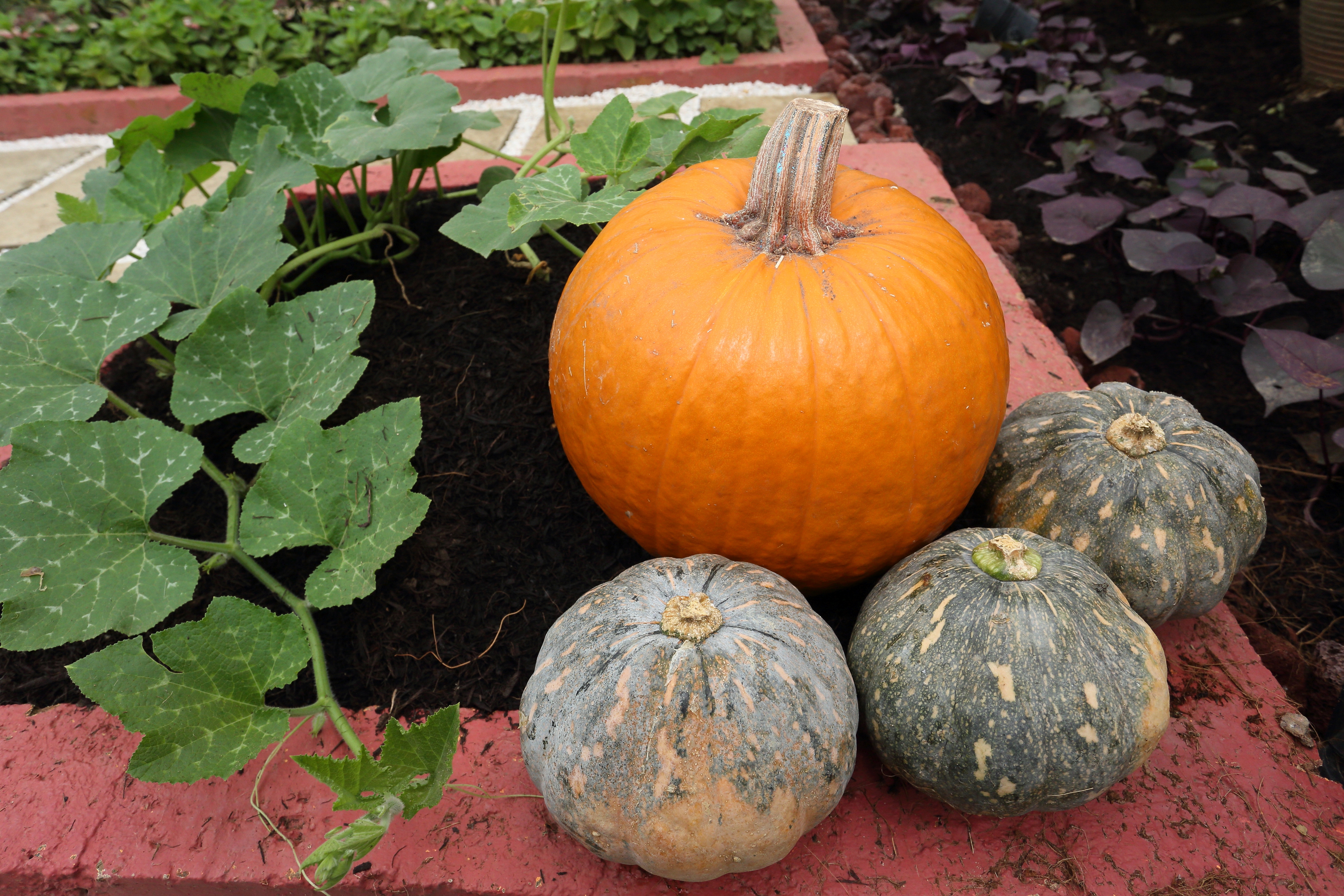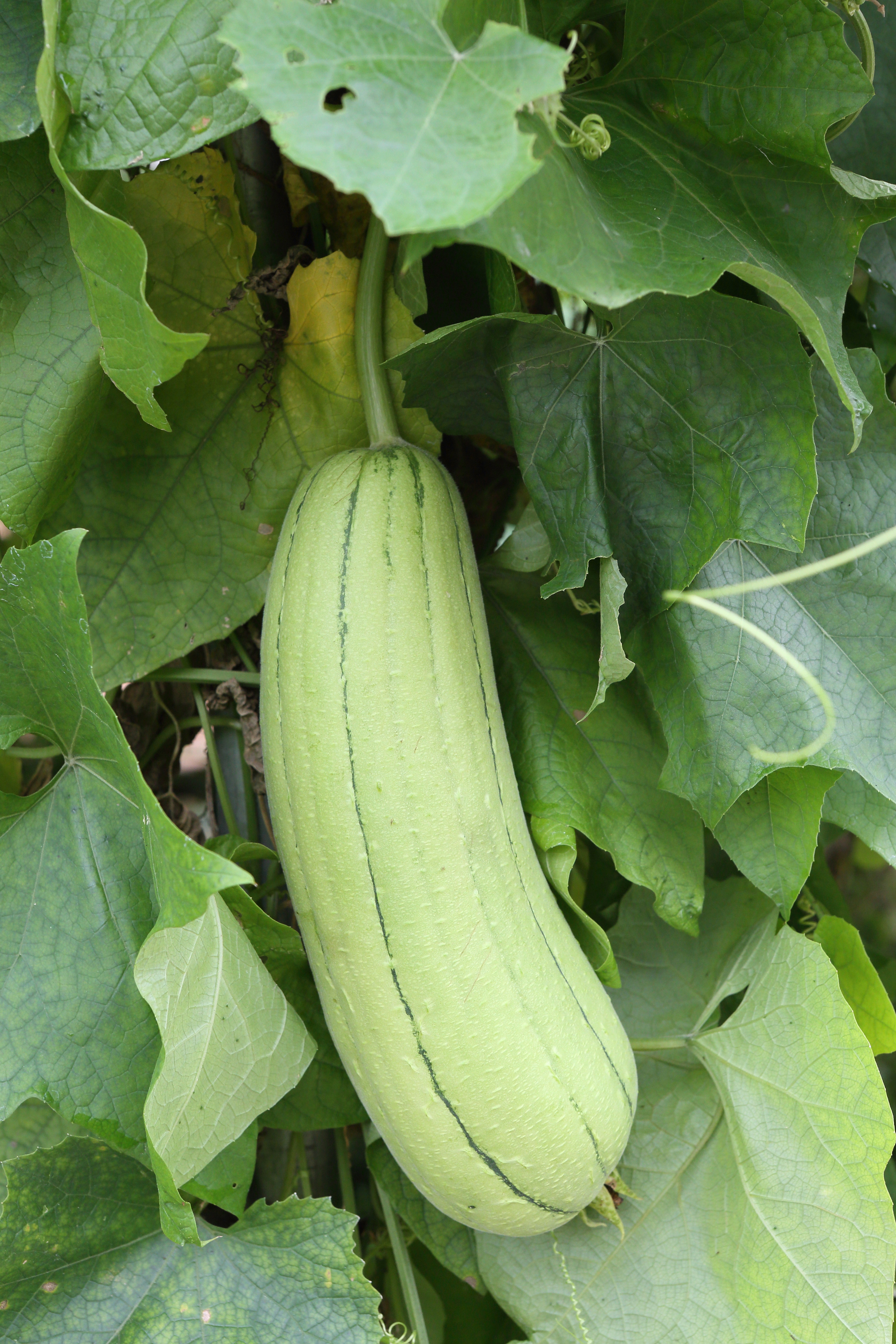Essential Nutrients
Plants obtain carbon, hydrogen and oxygen from water, air and sunlight, to make food for growth. They also require the following for healthy growth:
- Macronutrients
Namely: Nitrogen, phosphorus, potassium, sulphur, calcium and magnesium. These are required by plants in relatively large amounts.
- Micronutrients, also known as trace or minor elements
Namely: Copper, manganese, zinc, iron, boron and molybdenum. These are required by plants in minimum quantities.
Fertiliser Types
Applying fertilisers increases the amount of nutrients in the soil which can help counter soil fertility problems and enhance plant growth. There are two broad categories of fertilisers:
- Organic fertilisers from decaying plant and animal matter.
These include compost, plant extracts, seaweed, chicken manure, bone and blood meal.
- Inorganic fertilisers from minerals of the earth’s crust or made by chemical processes.
These include urea, ammonium sulphate, super phosphate, potassium chloride, compound fertilisers and mixed fertilisers like 15:15:15.
Common Nutrient Deficiencies
The amount and type of fertiliser to be used depend on the soil condition and plant type. Here are some common nutrient deficiencies to note:
- Nitrogen
It is needed for vegetative growth and production of lush foliage.
Symptoms of deficiency: Leaves turn pale yellow; plant has poor or stunted growth.
- Phosphorus
It is used for the formation of lateral and fibrous roots, promotes flowering and increases plant stem strength.
Symptoms of deficiency: The underside of leaves turns reddish brown or purplish.
- Potassium
Used for fruit formation and enlargement, it also increases disease resistance in the plant.
Symptoms of deficiency: Older leaves of the plant have brown or yellow scorching at their edges and tips.
- Magnesium
It is needed for plant enzyme function and helps form a structural part of chlorophyll.
Symptoms of deficiency: Older leaves have yellowing between its leaf veins.








